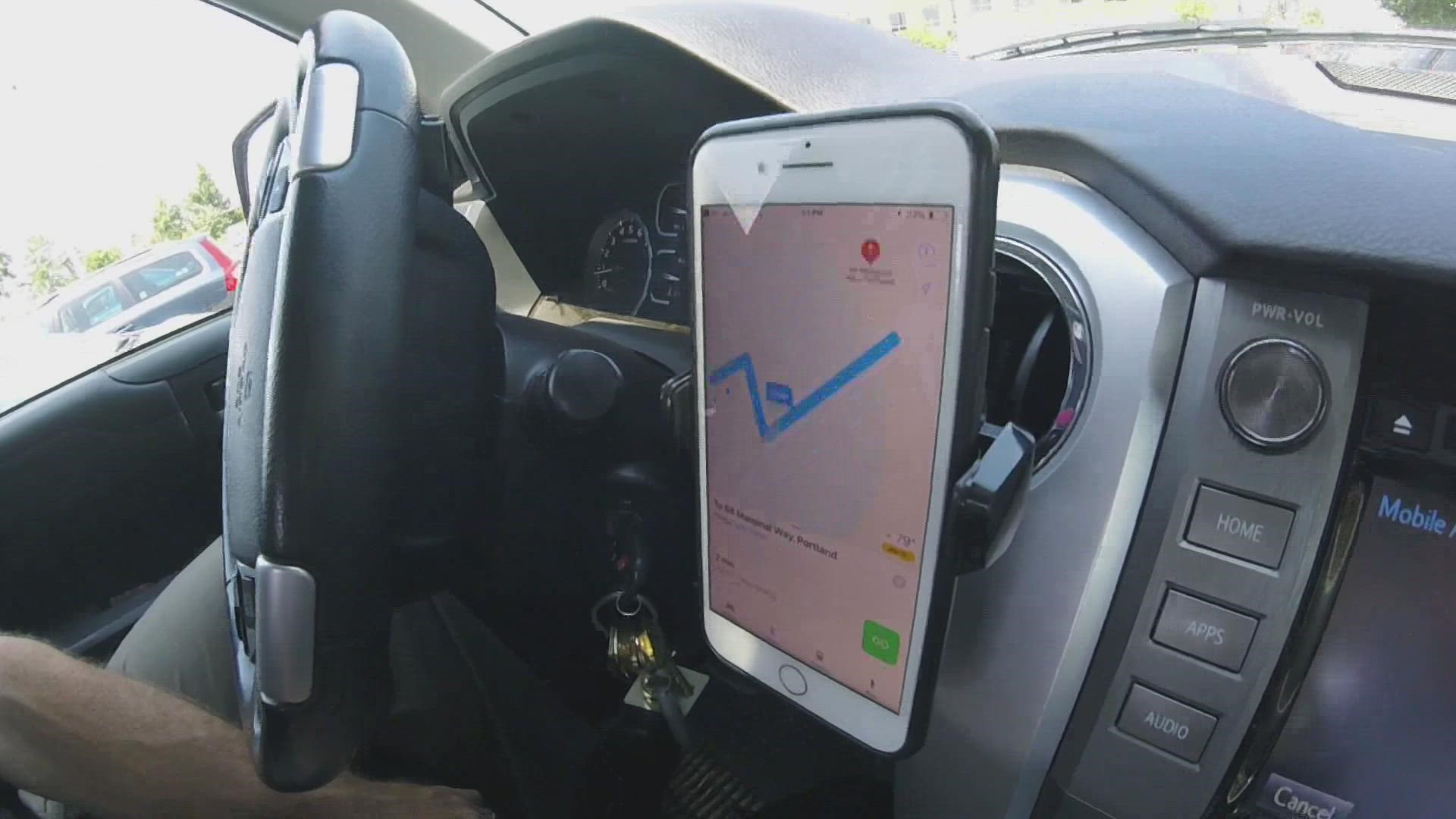PORTLAND, Maine — We talked this week with 207’s tech guy, Rich Brooks of Flyte New Media in Portland, about the vast and ever-growing impact of Artificial Intelligence. Here are the talking points Rich provided.
So, what exactly is AI or Artificial Intelligence?
It's the ability for machines to learn, adapt, and make decisions. Basically, to think, but it's artificial intelligence as opposed to the "natural" intelligence of humans or animals.
Many people may think of AI as a figment of science fiction, something that's coming, but actually, it's all around us, right? Where might we find AI in our lives today?
Really, everywhere. If you've ever asked Siri, Alexa, or Google Home a question, you've used AI. If you've ever been on a website or Facebook and used a chatbot, those are often powered by AI.
AI powers the algorithms behind our social media feeds. As we discussed in a previous tech segment, this personalizes what we see on Facebook, TikTok, and other social media channels...both for good and bad.
If you've ever used Waze or a similar service to give you directions, you've benefited from AI's ability to find the quickest route, avoiding traffic tie-ups.
Beyond that, we're seeing it used in education, health care, law enforcement, you name it.
How is it being used in education? Are robots teaching classes in the local high schools?
No...not yet. One way is that it's helping teachers grade tests and provide feedback to students in a quicker, more personalized way. As an example, Stanford University offered an online class in the fundamentals of coding, and not only did AI grade the student's work, but it also provided customized feedback on how they could improve their coding.
When students were asked if they agreed with the AI's feedback, nearly 98% of them agreed, higher even than when human professors had provided feedback.
Now, if the students have follow-up questions, the AI might not be of help where a professor would be. But if AI can free up that much time, it allows the professors to provide more one-on-one help to students who need it.
And although this example is for computer coding, it can help in a wide range of courses, too.
You mentioned health care...I can't imagine what the bedside manner of Artificial Intelligence looks like.
There are a lot of places where AI is being used in health care, although I didn't find any examples where it improved anyone's bedside manner. However, radiologists are using the image recognition abilities of AI to find tumors in x-rays that might have been missed by human eyes.
AI is being used for treatments, diagnoses, patient engagement and adherence, as well as important but repetitive tasks such as record keeping, prescriptions, and more.
Also, in the battle against COVID, AI is being used to identify disease clusters, mortality risks, ICU needs, prediction of future outbreaks, and more.
Is there anything going on here in Maine in regards to AI?
Actually, UMaine has a robust AI department, looking to make Maine a world-class hub for AI research, education, and applications. It's an exciting venture that brings together the university, industry, government, and the community to advance AI here in Maine and beyond. After all, you can't spell Maine without AI.
It all sounds fantastic...is there any downside?
As with every technological advancement, there is good and bad to AI. There are concerns around racial biases, over-aggressive law enforcement tactics, loss of jobs, and more. I believe we definitely need to be aware of the ethics of using AI and recognize that it's not a solution to all of life's problems.

